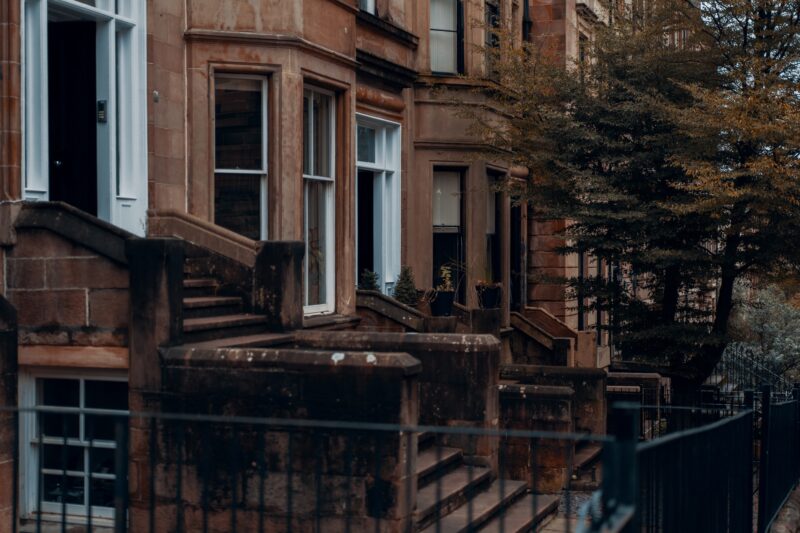Scottish First Minister Humza Yousaf has confirmed that Scotland’s rent control measures will be extended into next year.
While the action is intended to help combat the increasing cost of living, there are concerns from both landlords and tenants that the current measures are actually artificially inflating average rents.
Is that the case – and should we expect to see similar rent control introduced across the UK?
What are Scotland’s rent control measures?
In September of last year, Scotland’s government placed a freeze on rent increases to help with the spiralling cost of living. Since April, this has been replaced by a rent cap placing a limit on how much rent can increase each year during a tenancy. The limit is a 3% increase, barring exceptional circumstances.
While it’s called a ‘rent cap’, there’s no upper ceiling on how high rent can go. The legislation also does not apply to new tenancies, where landlords are free to set rents as they see fit.
Alongside the introduction of the cap on rent rises, the Scottish government also placed a pause on evictions.
First Minister proposes ‘long-term rent control’
While initially launched as a trial, First Minister Humza Yousaf has confirmed that he plans to introduce long-term rent control measures as part of his new deal for tenants.
The current rent control measures and ban on evictions will be in place until March 31st next year at minimum.
The decision has been controversial, with a group of landlords and letting agents including the Scottish Association of Landlords calling for a judicial review of the legislation.
How successful has the rent cap been?
When looking at average rents in the private sector across Scotland, it seems that rent control measures have had limited success.
While those in existing tenancies are protected by the rent cap new tenants are facing higher initial rents as landlords try to compensate for their capped rents elsewhere.
Average rents for new private tenancies have risen by 10% for the last three quarters. In fact, Scotland has seen the fastest-rising private rents anywhere in the UK over the last year.
Now, there is significant concern that continuing existing rent control measures without adjustment will push rental costs higher and further reduce property availability. As the gap in cost between existing and new tenancies grows tenants will be less likely to move, and new tenants will find themselves paying even more to balance their landlord’s portfolio.
How have landlords across the UK responded to the idea of rent control?
With parliament expected to reopen the Renter’s Reform Bill discussion soon and the Welsh Government publishing a ‘Fair Rent’ green paper, talk has turned to whether we will see similar rent caps introduced across the UK.
Overall, the response from landlords to the proposal has been negative, with more than a third of those questioned saying they would sell their properties if such measures were passed.
While the currently proposed Renters Reform Bill does not include a rent cap, it does introduce a mechanism for tenants to dispute ‘unfair’ rent increases. While this system will offer more flexibility than Scotland’s current rent cap, it is still vulnerable to creating division between those in existing tenancies and new tenants. Where landlords are restricted from increasing rents at some of their properties they may raise their asking rents at others.
Do you think Scotland is right to extend rent control measures? Which rent control measures would you prefer to see implemented across the UK? Let us know below or join the conversation on social media.













